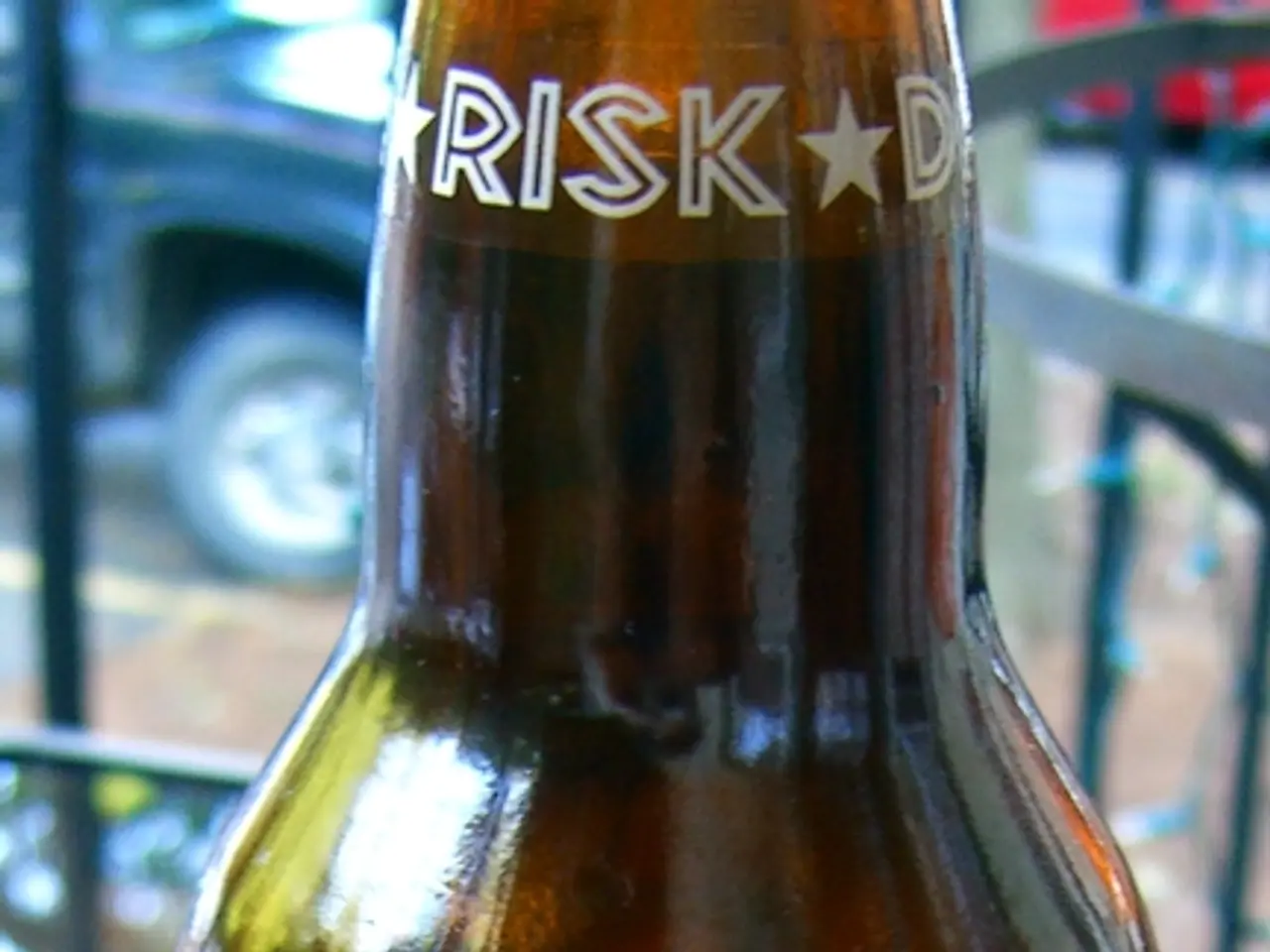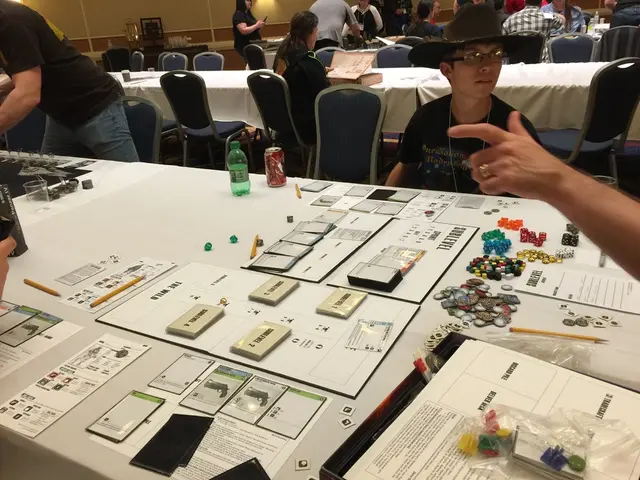Thirteen Symptoms Indicating a Gambling Addiction
In the heart of Hong Kong lies Kai Tak, a city once known for its vibrant gambling scene. For one individual, this magical place with blinking lights, music, and monumental buildings held a certain allure. Their first visit to Kai Tak was at the tender age of 9, and the memory was not forgotten upon their return at the age of 21.
Kai Tak, with its intoxicating atmosphere, seemed to draw the individual in, compelling them to spend as much time as possible there. The smell of frying duck, a common aroma in the area, would often remind them of their fascination with the city.
However, the individual's experiences at Kai Tak raise important questions about the dangers of gambling. Compulsive gambling, a progressive addiction, is characterized by increasing occupation with gambling, restlessness when attempting to stop, and a loss of control. Warning signs of this addiction include preoccupation with gambling, inability to stop or cut back despite attempts to quit, and spending more time and money than intended on gambling activities.
Other signs include chasing losses, secrecy or lying about gambling behaviors, neglecting responsibilities, mood changes, financial difficulties, using gambling to escape stress, loneliness, or uncomfortable emotions, and risking relationships or opportunities due to gambling prioritization. These indicators are often accompanied by emotional distress and sometimes co-occur with other mental health issues like anxiety, depression, or impulse control disorders.
Recognizing these signs early is critical for seeking help and preventing further harm. A global organization called Gamblers Anonymous offers help for gambling problems, with local groups available. Many online casinos and poker rooms also promote responsible gambling and can help set deposit limits or self-exclusion. Information about these services can be found on their respective web pages.
Eddy Cheung, in sharing a personal anecdote about his experiences at Kai Tak, emphasizes the importance of understanding and addressing the dangers of gambling addiction. Warning signs also include gambling for amounts not wanted to disclose to family and friends, lying or withholding the truth, and prioritizing gambling over relationships and work. If you or someone you know is struggling with gambling addiction, it's crucial to seek help and support as soon as possible.
[1] American Psychiatric Association. (2013). Diagnostic and Statistical Manual of Mental Disorders (5th ed.). Arlington, VA: American Psychiatric Publishing. [2] National Council on Problem Gambling. (n.d.). What is problem gambling? Retrieved from https://www.ncpgambling.org/help-treatment/what-is-problem-gambling/ [3] World Health Organization. (2018). International Classification of Diseases (11th Revision). Geneva: World Health Organization. [4] National Institute on Drug Abuse. (2019). Gambling Disorder. Retrieved from https://www.drugabuse.gov/publications/drugfacts/gambling-disorder [5] Mayo Clinic. (2020). Gambling addiction. Retrieved from https://www.mayoclinic.org/diseases-conditions/gambling-addiction/symptoms-causes/syc-20372181
The individual found themselves drawn to the casino-games and atmosphere of Kai Tak, alluring reminders of their early fascination with the city. The allure, however, hid the dangerous enthusiasm for casino-and-gambling, a potential precursor to the compulsive addiction highlighted in sources like the Diagnostic and Statistical Manual of Mental Disorders (2013), the National Council on Problem Gambling, the World Health Organization (2018), the National Institute on Drug Abuse (2019), and the Mayo Clinic (2020).








